Many years ago, depression and anxiety were seen as serious mental illnesses that only affected a small number of people, either because it was underreported or because of lower prevalence rates.
You are not alone
These days everyone seems to suffer from some form of anxiety or depression or at least has experienced the symptoms even temporarily. If you feel anxious or depressed at times, you are not alone. According to figures published in 2017 by the World Health Organisation (WHO) over 300 million people worldwide suffer from depression and these numbers are increasing significantly, especially in lower-income countries.

According to the South African Depression and Anxiety Group (SADAG) 20% of South Africans will experience a depressive disorder at least once in their lifetime. Depression is also a major contributor to suicide deaths, which number 800 000 per year. About the same number of people suffer from anxiety and the two conditions (depression and anxiety) sometimes occur concurrently.
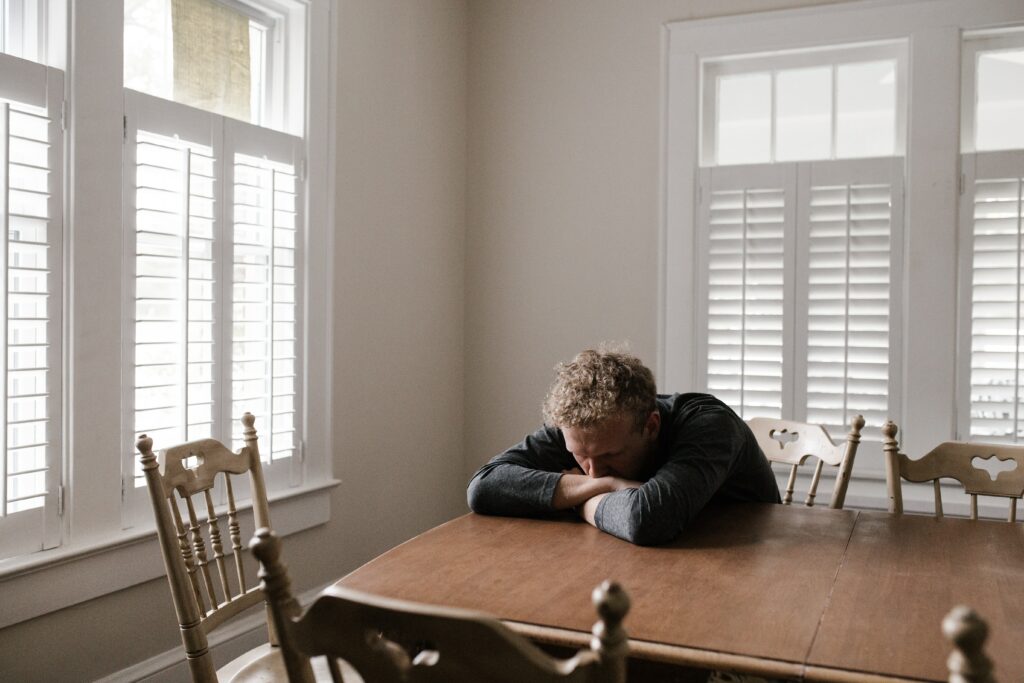
Why has the prevalence of depression and anxiety increased so much over the last few years?
The causes of depression include a complex interaction between biological, psychological, and social factors. Some of the psychological and social triggers include poverty, unemployment, stressful life events, such as death, Covid-19, and the increased levels of stress we are exposed to daily.
Whilst it has been reported that Covid-19 has led to the increase of both depression and anxiety for obvious reasons, such as isolation, fear, uncertainty, conspiracy theories, death of loved ones, etc. Our lives and the stress we experience daily have certainly contributed to the increase in depression and anxiety. Stress occurs when the demands placed on us by our environment exceed our resources to meet these demands. We know that stress compromises our immune systems, increasing our risk for physical and mental illnesses.
Apart from the biological effect stress has on our bodies, it also has certain psychological effects. When the demands exceed our resources, we tend to feel overwhelmed, anxious, out of control, have difficulty sleeping, feel helpless, and often hopeless. We tend to lose control over our emotions more easily and struggle to function effectively at work and home, leading to further complications.
Some people become immobilised and fall into depression, whilst others feel anxious, irritable, and are more prone to anger outbursts. From the moment we wake up there are environmental triggers that make us feel frustrated and helpless. In South Africa, as an example, we often wake up to power cuts (load shedding), lack of water pressure or no water, news filled with claims of corruption, protests, violence, increases in the cost of living, bad drivers on the roads, road rage, etc, and all of this happens before we have even reached our place of work. At work, we are bound to encounter many more stressors. No wonder we all feel out of control, hopeless, and helpless at times.
What can you do?
Whilst many or most of us experienced these increased levels of stress and the accompanying symptoms of depression and anxiety, few people seek help or have access to help. An estimated 76-85% of people suffering from mental disorders in lower and middle-income countries lack access to treatment or do not seek treatment.
Many of us do not even acknowledge that we are experiencing symptoms of depression and anxiety and when we do, we feel that it will be a sign of weakness to seek treatment or do something about it. Instead, we just carry on as we did before, sometimes believing we can handle it. The problem is that everything compounds, whilst we are already feeling that we are not coping, the stress continues to pile on until one day we cannot cope and either snap or become immobilised.

Act now
Dealing with symptoms whilst they are still mild and more manageable is highly beneficial. It can help you “clean the slate” and start tomorrow fresh. Apart from talking about your issues, which already helps, speaking with a therapist will help you gain the necessary coping skills to deal with your stressors and your symptoms more effectively. You may learn new coping skills that can help you release stress, regain a sense of control (even when it feels impossible) and gain a sense of hope again, especially before all hope is lost.
Using a service like Conrati will help you find qualified and experienced psychologists who are there to help, no matter how big or small your problems or how bad or mild your symptoms are. Daily coping skills will help you get through the day and more intense coping skills can help you get through more extreme events, even when you feel like you will never see the light again.
Feeling unsure? Book a free 30-minute consultation.
What’s important is that you take the first step towards recovery and a better life for yourself and your loved ones.
Liesl Gullan is a registered psychologist with the Health Professions Council of South Africa (HPCSA) with 19 years experience in Psychology, having worked in both the private practice and consulting sectors.


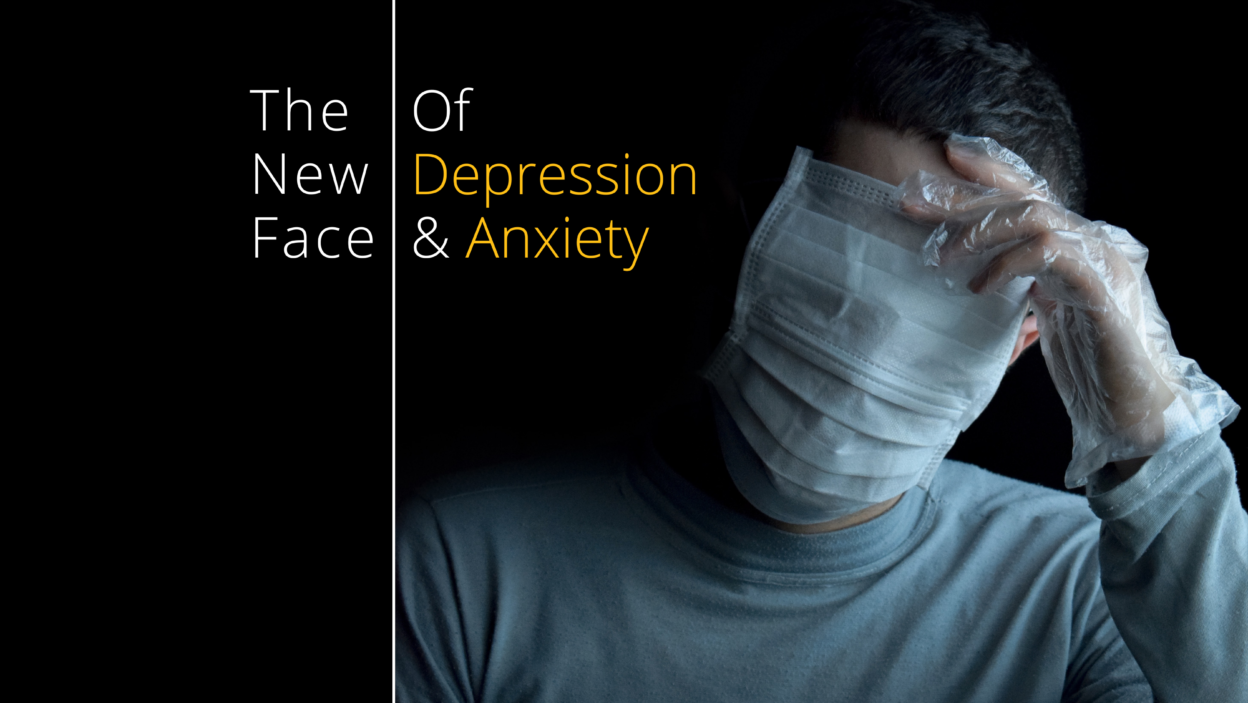
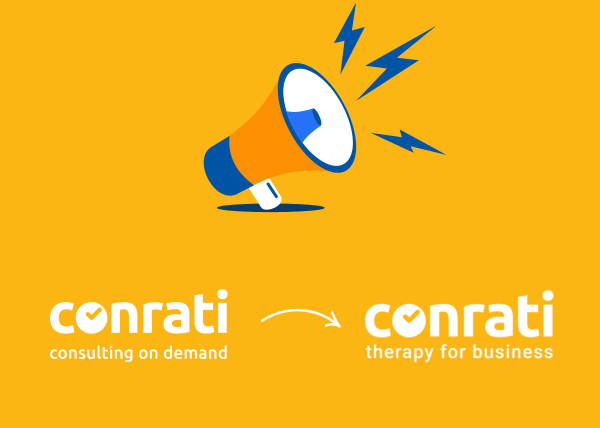
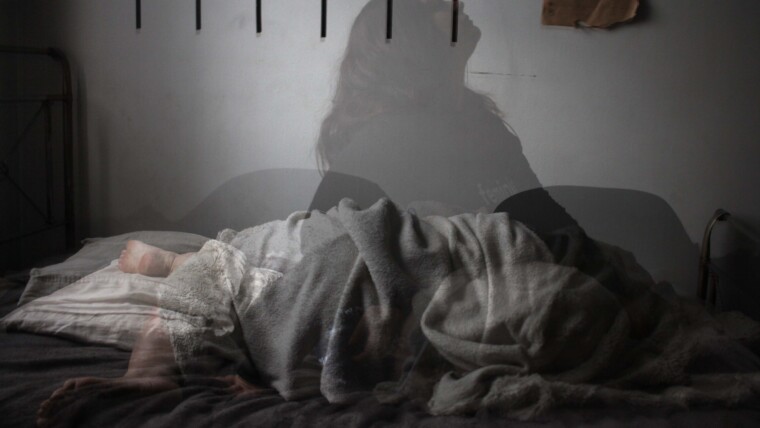

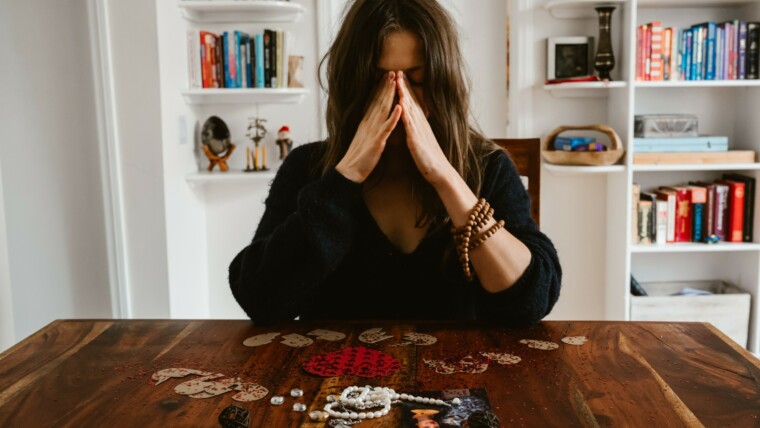


One Reply to The New Face of Depression and Anxiety
Why your child should have a tutor
Conrati nominated as a Top Environmental Consulting Company by Futurology
Healthy relationships: What do they look like?
Self-Love and Self-Care: Cultivating a Mindful and Balanced Life
How to boost 8 different forms of health
Conrati nominated as a Top Environmental Consulting Company by Futurology
How social media affects mental health
Understanding Bipolar Disorder